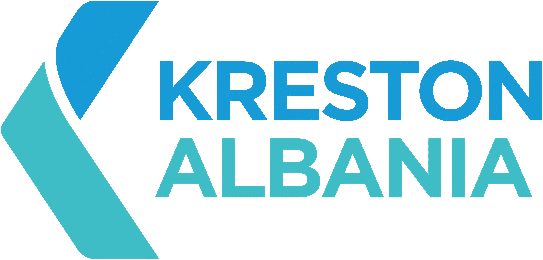Since a recent revision, ISA 600 compliance demands a more rigorous approach to group audits. Kreston Global Audit Group Deputy Technical Director, Herbert M. Chain, explores how networks can better service their clients when carrying out group audits.
New ISA 600 standards
The landscape of international auditing is changing. The revised International Standard on Auditing (ISA) 600, “Audits of Group Financial Statements (Including the Work of Component Auditors),” demands a more rigorous approach to group audits, particularly when involving member firms of global networks. This essay explores how networks can effectively adopt ISA 600, emphasising collaborative strategies and highlighting the standard’s potential benefits for the network and its clients.
Understanding the challenge: The nuances of ISA 600
ISA 600 introduces significant changes compared to its predecessor. A key emphasis is on a proactive, risk-based approach. This necessitates a deeper understanding of the group’s structure, internal controls, and potential areas of misstatement across all component entities. Additionally, the standard strengthens the requirements for two-way communication between the group auditor and the component auditors performing audits of component entities (often a member firm of a network, but also including nonmember firms). Clear documentation of communication, along with a robust evaluation of the competence and capabilities of component auditors, becomes essential under ISA 600.
The network effect
While the complexities of ISA 600 might seem daunting, there are several areas to consider strengthening when effectively adopting the standard. Here are some examples:
- Knowledge share: Develop forums to share information, knowledge, training and approaches to many areas of the audit practice and serving clients. This forum can be a fulcrum to a consistent adoption approach to ISA 600.
- Standardised Quality Control Procedures: Networks should develop standardised quality control procedures specific to group audits under ISA 600. These procedures would outline the network’s expectations for member firms regarding risk assessment, communication protocols, and documentation practices. This standardisation would ensure a consistent level of audit quality across the network, giving clients confidence in Kreston Global’s group audit services.
The benefits of adopting global standardisation include:
- Enhanced Audit Quality: A rigorous application of ISA 600 leads to more robust and reliable group audits. This translates to increased confidence from stakeholders, including investors and regulators.
- Global Consistency and Scalability: Standardized procedures under ISA 600 ensure consistent audit quality at scale. This consistency and scalability become critical advantages when catering to the needs of multinational corporations seeking a single audit provider for their global operations.
- Attracting and Retaining Top Talent: A commitment to a strong ethical framework and adherence to rigorous standards like ISA 600 positions networks as an attractive employer for skilled auditors.
Continuous improvement
The successful adoption of ISA 600 requires a commitment to continuous improvement and collaboration. Development of standard practices and documentation, and regular monitoring and evaluation of the network’s implementation practices are crucial to success. Additionally, fostering open communication channels between and among member firms and the central network leadership allows for the early identification of challenges and facilitates the development of effective solutions.
Author: Herbert M. Chain, Shareholder, Mayer Hoffman McCann P.C, Deputy Technical Director, Global Audit Group, Kreston Global
Reposted from: https://www.kreston.com/article/isa-600-compliance/
